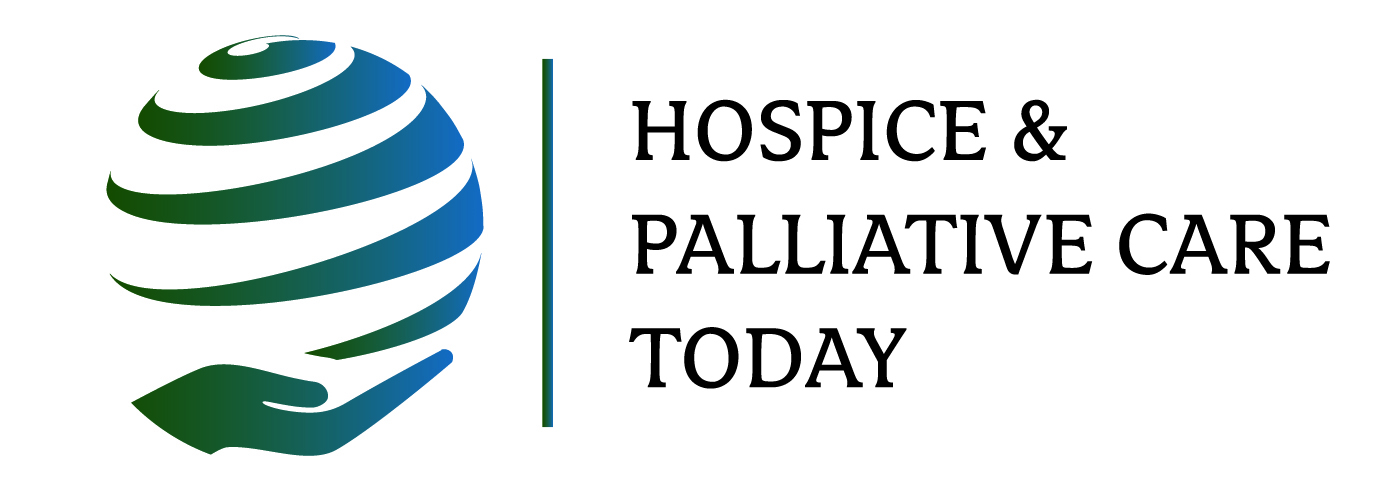Sign up for our free daily newsletters here! Note: subscribers can access our search feature!
Welcome to Hospice & Palliative Care Today, a daily email summarizing numerous topics essential for understanding the current landscape of serious illness and end-of-life care. Teleios Collaborative Network podcasts review Hospice & Palliative Care Today monthly content - click here for these and all TCN Talks podcasts.
3. CMS releases Hospice Payment rate update proposed rule [Industry voices]
4. The indispensable role of critical thinking in healthcare leadership
5. Glendale, California men sentenced for role in $9M hospice fraud scheme – owner of San Gabriel Hospice and Palliative Care Inc. and Broadway Hospice Inc.
6. Michael Dowling: 9 healthcare nuances that defy simple criticisms
7. Good Sam Center of Caring opens half of new home this week
9. Integrating palliative care screening in the intensive care unit: A quality improvement project
10. Code status discussions; difficult but necessary
11. Cancer patients often want ‘one more round.’ Should doctors say no?
12. Interruptions: Bad for hospitalists and their patients
13. What is an end-of-life doula?
14. Autism & Grief Project helps autistic adults navigate death and loss
16. UT Tyler School of Medicine receives $400k gift from anonymous donor [for hospice and palliative medicine fellowship]
20. North Carolina restaurant fulfills woman’s dying wish
21. As home care workers unionize, key questions come into play for providers
24. UnitedHealth Group names president
April 21-27, 2024 National Volunteer Week: NHPCO's outreach suggestions & recognition ideas
NHPCO website, for April 21-27, 2024
The U.S. hospice movement was founded by dedicated volunteers and volunteer commitment continues to be a core part of the Medicare Hospice Benefit today. This National Volunteer Week, April 21 – 27, 2024, we’re shining a light on the dedicated, compassionate volunteers who brighten the lives of the patients and families we collectively serve.
Editor's Note: Download and use NHPCO's pdf for numerous In-Person Recognition Ideas and Virtual Recognition Ideas.
[Utilization] Hospice care for those with dementia falls far short of meeting people’s needs at the end of life
The Conversation, Maria J Silveira, University of Michigan; 4/1/24
... Strikingly, only 12% of Americans with dementia ever enroll in hospice. Among those who do, one-third are near death. This is in stark contrast to the cancer population: Patients over 60 with cancer enroll in hospice 70% of the time. In my experience caring for dementia patients, the underuse of hospice by dementia patients has more to do with how hospice is structured and paid for in the U.S. than it does patient preference or differences between cancer and dementia.
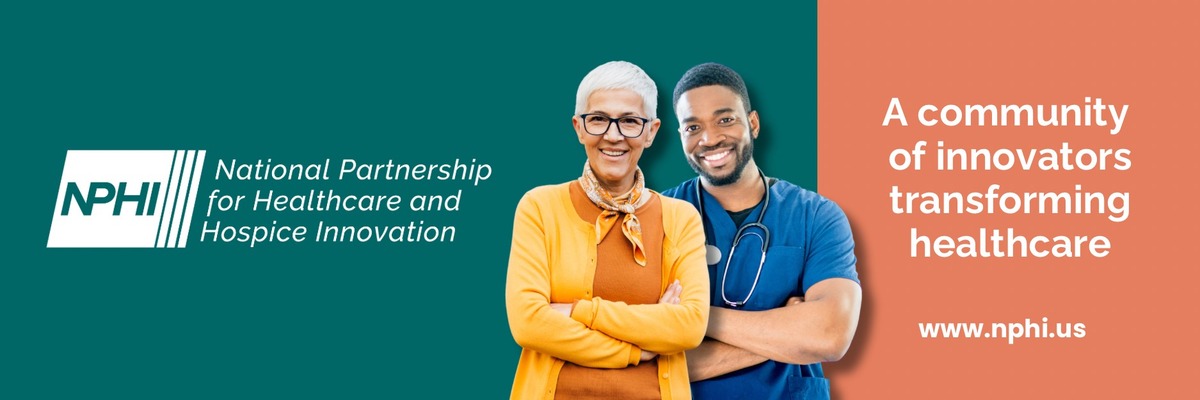 |
CMS releases Hospice Payment rate update proposed rule [Industry voices]
HomeCare News; 3/29/24
... "While the proposed rule may appear to be fairly innocuous," said NAHC President William A. Dombi, in response to the rule announcement, "the hospice community should pay attention to the information request on high cost services as it may signal an emerging interest in payment model reform. What is missing is also notable, CMS has not proposed any program integrity measures to address continued concerns on the surge in hospice growth in certain parts of the country despite the warning signs presented." ...
Editor's Note: Additional responses from "industry voices" include NACH Vice President Davis Baird; NAHC's Director of Home Health and Hospice Regulatory Affairs Katie Wehri; and CEO Leading Age Katie Smith Sloan.
The indispensable role of critical thinking in healthcare leadership
Forbes, by Dr. Hudson Garret, Jr and the Forbes Business Council; 4/1/24
In the fast-paced and complex landscape of healthcare, where decisions can have life-altering consequences, the value of critical thinking cannot be overstated. Critical thinking is not just a skill; it's a mindset—an essential tool for healthcare leaders to navigate uncertainty, make informed decisions and drive positive outcomes. ... Here are three examples of how I've applied critical thinking in leadership.
- Optimizing resource allocation ...
- Implementing quality improvement initiatives ...
- Navigating ethical dilemmas ... In a challenging scenario involving end-of-life care decisions, I relied on critical thinking to navigate conflicting interests, respect patient autonomy and uphold ethical principles.
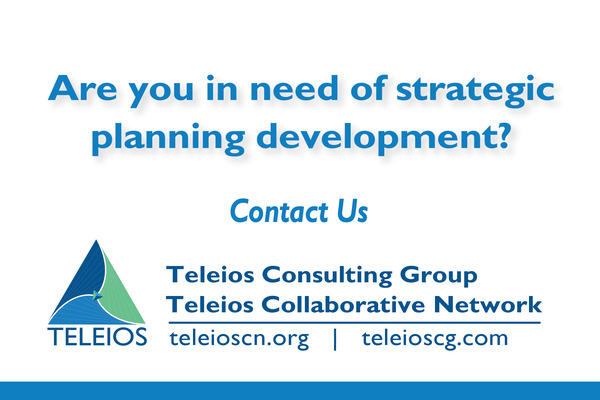 |
Glendale, California men sentenced for role in $9M hospice fraud scheme – owner of San Gabriel Hospice and Palliative Care Inc. and Broadway Hospice Inc.
Sierra Sun Times; 3/31/24
The owner of two California-based hospice companies, along with his biller and consultant, were sentenced last Thursday for their respective roles in a scheme that resulted in stealing over $9 million from Medicare in false and fraudulent claims for hospice services. ... According to court documents, ... [Gayk] Akhsharumov concealed his ownership and control over the hospice entities from Medicare, inserted nominee owners, paid kickbacks to patient recruiters, and profited from the scheme. In April 2020, after San Gabriel had ceased operations, Akhsharumov used the company to fraudulently obtain COVID-19 relief funds.
Michael Dowling: 9 healthcare nuances that defy simple criticisms
Becker's Hospital Review; by Michael J. Dowling; 3/28/24
Those who work in healthcare should be proud of the distinct role we play in our communities and society. ... Beyond all the numbers and details, it is important to understand that healthcare is deeply human and personal. We are all potential patients — many of us have already been. ... [Click on the article's title for Dowling's 9 differences and distinctions for nonprofit healthcare.]
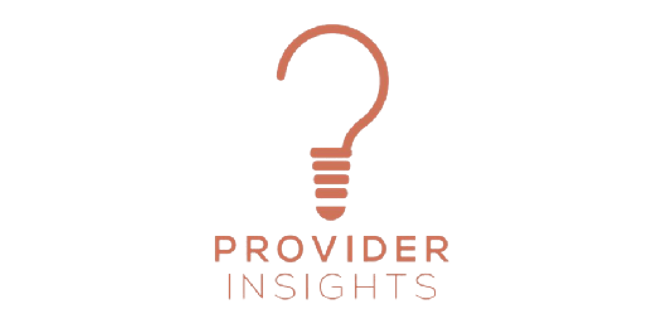 |
Good Sam Center of Caring opens half of new home this week
WFIR News Talk Radio and WDBJ 7 TV, Roanoke, VA; by Gene Marrano (text) and Aaron Housch (Good Samaritan CEO); 4/1/24
Perhaps today or sometime in the next few days half of the new Good Sam Hospice Center for Caring on Cove Road northwest will be open for business; a wing dedicated to office staff and volunteers. An update from WFIR’s Gene Marrano: [audio]. See video tour of Center for caring here.
Pediatric Division - National Coalition for Hospice and Palliative Care
National Coalition for Hospice and Palliative Care; 3/28/24
The National Coalition for Hospice and Palliative Care’s Pediatric Division represents a multi-disciplinary, volunteer team of pediatric palliative care (PPC) leaders. The Division membership is comprised of representatives from all 14 members of the Coalition, three family advocates, as well as representatives from aligned stakeholder organizations including the American Academy of Pediatrics, American Psychological Association, Association for Child Life Professionals, and the State Coalition Network.
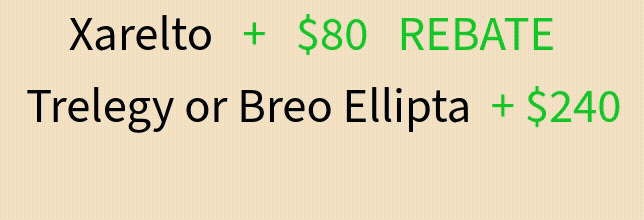 |
Integrating palliative care screening in the intensive care unit: A quality improvement project
Critical Care Nurse; by Traci N. Phillips, DNP, APRN, ACNP-BC, CCRN; Denise K. Gormley, PhD, RN; Sherry Donaworth, DNP, APRN, ACNP-BC, FNP-BC; 4/1/24
Background: Patients admitted to the intensive care unit have complex medical problems and increased rates of mortality and recurrent hospitalization for the following 10 years ... Delayed access to palliative care can result in untreated symptoms, lack of understanding of care preferences, and preventable admissions.
Conclusion: The screening process can maximize the benefit of palliative care services with early patient identification, improved consultation efficiency, decreased critical care resource use, and reduced readmission rates.
Code status discussions; difficult but necessary
The Hospitalist, by Mark Menet, MD, MPH; 4/1/24
I thought it was just where I practiced, but it turns out that, in the medical field, we’re really bad about having code discussions, which is a significant issue. When some of my patients revealed that no one had ever asked them about their code status before, I decided to conduct some research on this topic. It turns out that, at most, 41% of patients recall discussions about their code status, however, the 10.3% as documented by another study seems much more accurate.
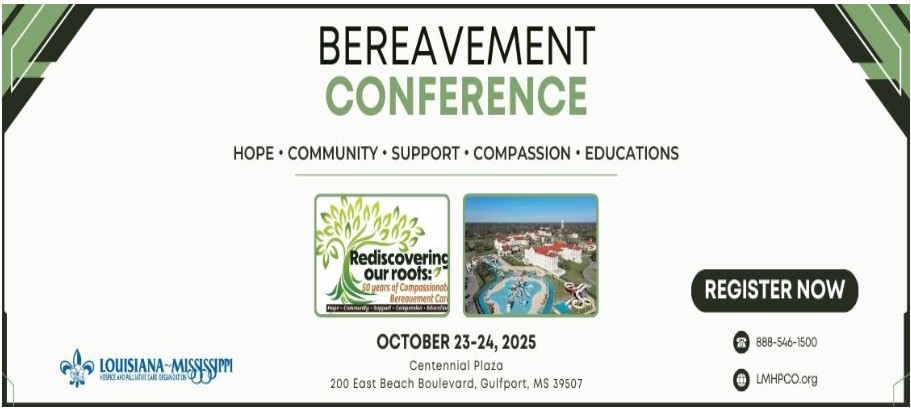 |
Cancer patients often want ‘one more round.’ Should doctors say no?
The Washington Post, by Mikkael A. Sekeres, MD; 3/31/24
My patient was in his early 30s and his leukemia had returned again following yet another round of treatment. He was a poster child for the recently reported rise in cancer rates in the young, and had just asked me what chemotherapy cocktail I could devise for him next, to try to rid him of his cancer. I hesitated before answering. Oncologists are notorious for always being willing to recommend to our patients one more course of treatment, even when the chances of success are negligible.
Interruptions: Bad for hospitalists and their patients
The Hospitalist, by Larry Beresford; 4/1/24
More than 10 years ago this magazine published an article by Winthrop Whitcomb, MD, MHM, a pioneer of hospital medicine and co-founder of the Society of Hospital Medicine, warning of the hazards of workflow interruptions for hospitalists, which he labeled a career satisfaction issue for clinicians but a safety and quality risk for their patients. A decade later, the problem has surely gotten worse as hospital financial pressures and staff shortfalls push caseloads higher and job stresses drive burnout and premature retirement for doctors who have been pulled in too many directions in their work.
 |
What is an end-of-life doula?
Psychology Today, by Cheralyn Leeby, PhD, LMFT; 3/31/24
"The appellation ‘end-of-life doula’ (EOLD) is increasingly used as an umbrella term to identify lay people, primarily women, who provide a diversity of non-medical supports—social, emotional, practical, and spiritual—for people nearing the end of life, including those close to them" (Krawzik and Rush, 2020). The term doula is derived from the Greek word "doule," which means helper or maidservant. Families hire death coaches to facilitate, guide, and emotionally support the dying process.
Autism & Grief Project helps autistic adults navigate death and loss
Cision PRWeb, by Autism & Grief Project; 4/1/24
Launched by the Hospice Foundation of America and supported by the NLM Family Foundation, the project bridges resource gaps for adults on the autism spectrum. The Autism & Grief Project is an online platform supporting autistic adults as they navigate the complexities of grief arising from death and loss. Visitors can access free resources for adults, their families, professional support providers, and clergy members: austismandgrief.org.
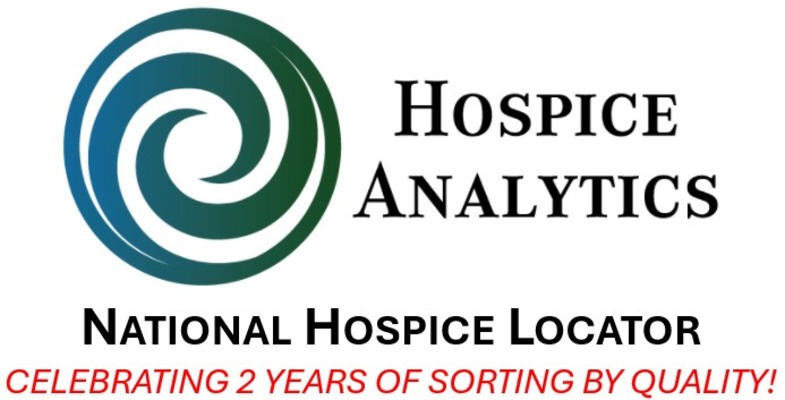 |
How’s Your Soul?
JAMA Network, by Daivd Vermette, MD, MBA, MHS; 3/28/24
"Brother David, how’s your soul?” The question took me by surprise. It was time for my first advisement meeting with my residency program director. In medicine, the machine runs on competence and achievement of “milestones.” Yet, as I braced for a meeting to trudge through performance evaluations and in-training exam scores, I awoke to humanity. ... Medical education has numerous models for coaching, advising, and mentoring. While these models helped develop my professional life, they missed the fundamental core of who I am: a human being. Perhaps instead we could embrace a model in medical education built on the tenets of pastoral care. ...
- Healing ...
- Sustaining ...
- Guiding ...
- Reconciliing ...
UT Tyler School of Medicine receives $400k gift from anonymous donor [for hospice and palliative medicine fellowship]
The Gilmer Mirror; 4/1/24
The University of Texas at Tyler School of Medicine received a $400,000 gift from an anonymous donor to support the hospice and palliative medicine fellowship. The purpose of the gift is to retain physicians in the East Texas region.
Funding opportunity now available! Up to 5 grantee awards totaling $1,275,000 for health equity research
CMS Office of Minority Health; 4/1/24
The Centers for Medicare & Medicaid Services Office of Minority Health’s (CMS OMH) Minority Research Grant Program (MRGP) is proud to release a Notice of Funding Opportunity (NOFO) for researchers at minority-serving institutions (MSIs). With this grant, you will partner with CMS OMH to grow your research credentials, increase public knowledge of health equity, and join the ranks of other published MRGP awardees.
UCI Health completes acquisition of 4 Tenet hospitals
Becker's Hospital Review, by Naomi Diaz; 3/27/24
Orange, CA-based UCI Health has completed its acquisition of Tenet Healthcare's Pacific Coast Network, which includes four hospitals in Southern California and their associated outpatient locations. As part of the agreement, Dallas-based Tenet's medical centers — Fountain Valley Regional Hospital, Lakewood Regional Medical Center, Los Alamitos Medical Center and Placentia-Linda Hospital — will now be part of UCI Health, according to a March 26 news release from UCI Health. The hospitals were sold for $975 million.
I'm 34 and terminally ill, but I'm not scared of death anymore
Metro / Microsoft Start, by Jyoti Smith; 3/31/24
I’ve spent the last nine years living with the idea of dying. In 2015, aged 25, I received my terminal diagnosis. ... My prognosis: three-to-five years. But here I am, almost 10 years on, at 34, and I’m living life to the fullest – if on the edge – and it’s largely down to one thing. Embracing hospice care. ...
Editor's Note: Jyoti describes her journey and the care she now received from Marie Curie (hospice), in the United Kingdom.
North Carolina restaurant fulfills woman’s dying wish
ABC News WGNO, by Raven Payne; 4/1/24
It’s an act of kindness that cleared away a cloud of grief, crossing state lines. A North Carolina restaurant owner drove six hours to deliver what ended up being the last meal for a woman on her death bed. ... On her deathbed, Bowers had one last wish, a pork plate from Outer Banks restaurant Mama Kwans. But Simmons wondered how they could make it happen. After all, they lived six hours away in West Virginia.
As home care workers unionize, key questions come into play for providers
Home Health Care News, by Andrew Donlan; 3/29/24
Generally, employers aren’t thrilled at the idea of their workforces unionizing. In home-based care, that’s particularly the case.
Killeigh mother and daughter fundraiser surpasses €10k
Offaly Independent, by Geraldine Grennan; 3/28/24
A fundraiser organised by a Killeigh mother and daughter to raise money for the Irish Hospice Foundation has passed the €10,000 mark this week – despite setting an initial target of just €500. ... Arlene Guilfoyle Beatty from Fenter Lane in Killeigh embarked on the challenge of walking 100 miles for the month of March in memory of her beloved husband Donal, who was diagnosed with a very aggressive form of lymphoma in August 2021 and passed away seven months later.
Editor's Note: €10,000 = over $16,625 US dollars
Retirement runway lengthens for some CEOs
Becker's Hospital Review, by Alexis Kayser; 3/28/24
Amid an uptick in abrupt CEO exits, some hospital leaders are drawing out their departures. ... [A] number of CEOs giving retirement notices well in advance. The reasons might seem obvious: Sudden exits, especially from a tenured leader, can disrupt entire systems. A longer transition period gives boards time to identify the right successor and even allows for some overlap in which the outgoing and incoming CEOs can exchange ideas.
UnitedHealth Group names president
Becker's Payer Issues, by Rylee Wilson; 3/29/24
UnitedHealth Group has named CFO John Rex as president of the company. Mr. Rex is taking over the president role from COO Dirk McMahon, who plans to retire. UnitedHealth Group has not announced a successor in the COO role.
The Fine Print:
Paywalls: Some links may take readers to articles that either require registration or are behind a paywall. Disclaimer: Hospice & Palliative Care Today provides brief summaries of news stories of interest to hospice, palliative, and end-of-life care professionals (typically taken directly from the source article). Hospice & Palliative Care Today is not responsible or liable for the validity or reliability of information in these articles and directs the reader to authors of the source articles for questions or comments. Additionally, Dr. Cordt Kassner, Publisher, and Dr. Joy Berger, Editor in Chief, welcome your feedback regarding content of Hospice & Palliative Care Today. Unsubscribe: Hospice & Palliative Care Today is a free subscription email. If you believe you have received this email in error, or if you no longer wish to receive Hospice & Palliative Care Today, please unsubscribe here or reply to this email with the message “Unsubscribe”. Thank you.

